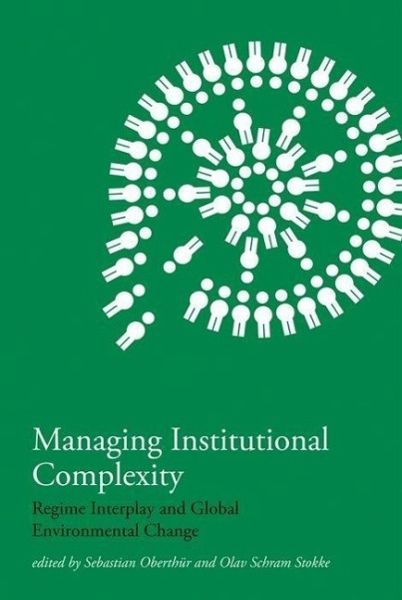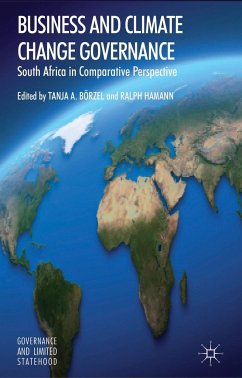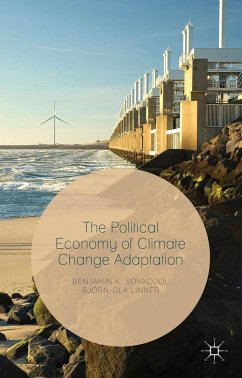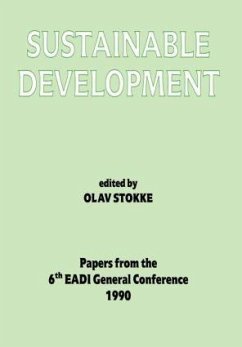
Managing Institutional Complexity
Regime Interplay and Global Environmental Change
Herausgeber: Oberthür, Sebastian; Stokke, Olav Schram

PAYBACK Punkte
6 °P sammeln!
Institutional interaction and complexity are crucial to environmental governance and are quickly becoming dominant themes in the international relations and environmental politics literatures. This book examines international institutional interplay and its consequences, focusing on two important issues: how states and other actors can manage institutional interaction to improve synergy and avoid disruption; and what forces drive the emergence and evolution of institutional complexes, sets of institutions that cogovern particular issue areas. The book, a product of the Institutional Dimensions of Global Environmental Change research project (IDGEC), offers both theoretical and empirical perspectives. Chapters range from analytical overviews to case studies of institutional interaction, interplay management, and regime complexes in areas including climate change, fisheries management, and conservation of biodiversity. Contributors discuss such issues as the complicated management of fragmented multilateral institutions addressing climate change; the possible "chilling effect" on environmental standards from existing commitments; governance niches in Arctic resource protection; the relationships among treaties on conservation and use of plant genetic resources; causal factors in cross-case variation of regime prevalence; and the difficult relationship between the World Trade Organization and multilateral environmental agreements. The book offers a broad overview of research on interplay management and institutional complexes that provides important insights across the field of global environmental governance. The hardcover edition does not include a dust jacket.













